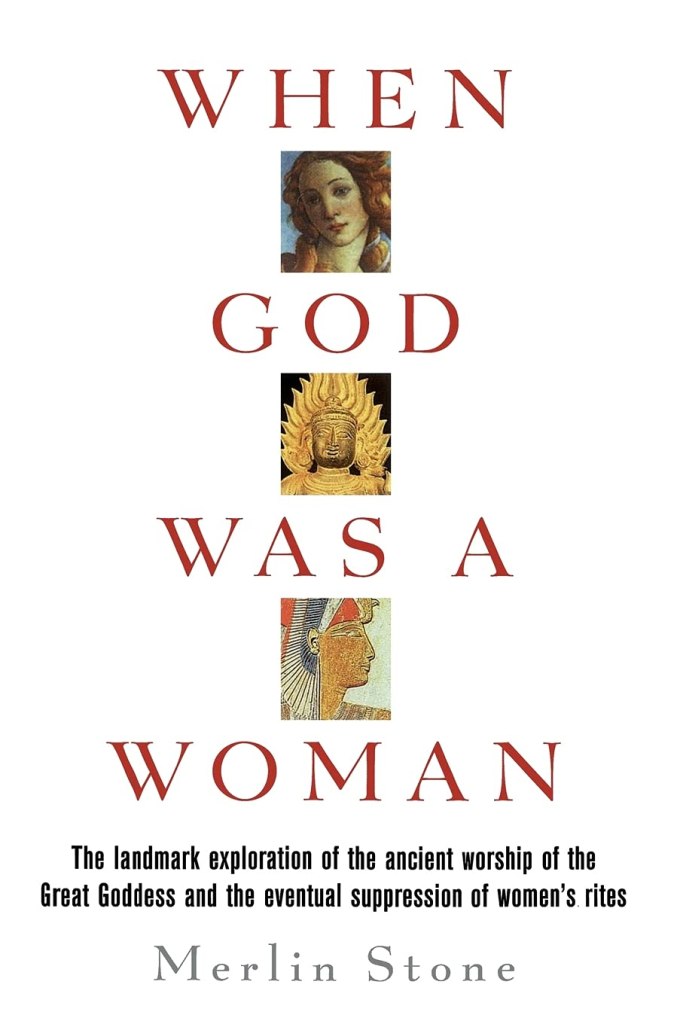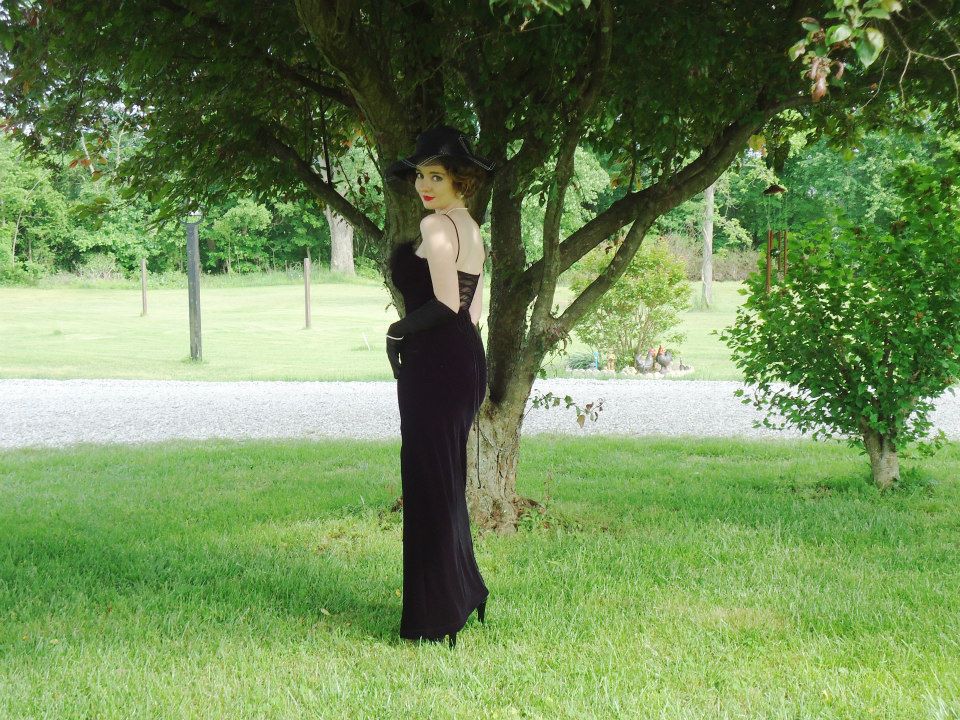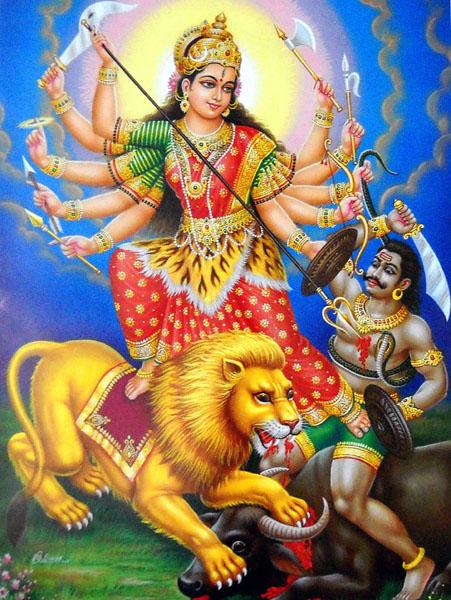“At the very dawn of religion, God was a woman. Do you remember?”
“When God Was A Woman” by Merlin Stone
I explored a variety of religious traditions as I made my way through the awkward adolescent years. I wanted to belong to a tradition that was timelessly true, but invariably, I ran up against religious doctrines that smacked of prejudice against female-bodied people and queer people. Progressive apologetics of these religions would justify these teachings as within the context of their culture and age. I wasn’t convinced. Humanity is of course fundamentally flawed. No religious teacher has transcended the human experience while entrenched in this plane of existence. However, teachings of true spiritual communion with the union of Divinity should nullify small-minded, ego-based assumptions that place half of humanity under the dominion of the other half.
It was during these formative years that I came across a book by Merlin Stone called “When God Was A Woman”. This book was life-changing for myself as a young female-bodied individual who had grown up in and ultimately rejected the orthodox, exoteric Catholic church, a faith without representation of the feminine divine. God is portrayed solely as “Father, Son, Holy Spirit” with all-masculine pronouns. Collyridians who worshipped the Virgin Mary as Mother God and the Gnostics who venerated God as Sophia were considered heretical and outside of the church’s realm of grace. “When God Was A Woman” was patriarchal poison’s antidote and inspired me to delve into researching religions that venerated the Divine Feminine. This book had a great cultural impact on the broad “Goddess Movement” of the 1970s and 80s, an eclectic movement which took on many different forms.
During my search, I discovered Filianism. Filianism is a rich tradition venerating God as Mother, Daughter, and Absolute Deity. The faith was unlike anything else I had ever encountered. It was a synthesis of Eastern and Western esotericism in feminine form. There was an underlying perennialism that I found lacking in many of the New Age interpretations of the Divine Feminine. While I had found much of what I was looking for in this regard through my embrace of Shaktism, I missed the more universal face of Thea as witnessed cross-culturally throughout the ages found in the Janyati of Filianism.
While I dedicated myself to the study and practice of the Filianic tradition for several years, I ended up walking away from the faith altogether for the past seven years. This distancing in many ways was not only from Filianism but also other associated viewpoints I had at the time that I wanted to cut myself off from.
For example, I was quite materialistic in my early 20’s. I had the luxury of an entire wardrobe filled with vintage dresses, hats, gloves, stockings, and shoes in the name of “racinating my image sphere” (a concept from the culture which Filianism emerged from which sought to do away with post-modern influences and return to what was seen as a more traditional aesthetic prior to the hippie movement of the 1960’s). All that appearance-oriented concern seemed silly when I became more aware of/involved in more pressing issues regarding the planet we’re destroying along with ourselves.
To be honest, in spite of my writings differentiating the points of my personal religious practice with that of the orthodox community, I also felt a sense of embarrassment publicly affiliating myself with Filianism in my day-to-day life. I didn’t want to be misjudged as an otherkin or lesbian separatist by the casual researcher into my professed religion.
I abandoned this blog a month before my 21st birthday. I am now 28 years old.
I continue to hold decidedly unorthodox beliefs and perhaps would better describe myself as a child of Thea at this point in life.
I believe in the maxim “as above, so below” and therefore do not believe that masculinity is purely of the material world without spiritual counterpart. In fact, Thea encompasses masculine principles as well (as the spiritual warrior Sai Vikhë).
I do not believe that Thea is entirely separate from Her creation and I acknowledge Her holy reflection found in Nature, though rippled it may be.
I’m less critical of viewing myth through the lens of Jungian archetypes than I used to be. I can see the value of witnessing mythos as symbolic of the collective unconscious and “God within the psyche” while simultaneously reflecting higher realities. However, I do not view God as simply a projection of consciousness, but rather the Source from which All emerge.
I’ll go a bit more into the changes I’ve undergone over the years as I revive “Goddess of 10,000 Names” from its dormancy.
In spite of any differences with the orthodox practice of Filianism/Déanism, I take a lot of inspiration from its thealogical perspective of the Divine Mother and its scriptural texts.
I deeply appreciate those who have kept this tradition alive over the years.



